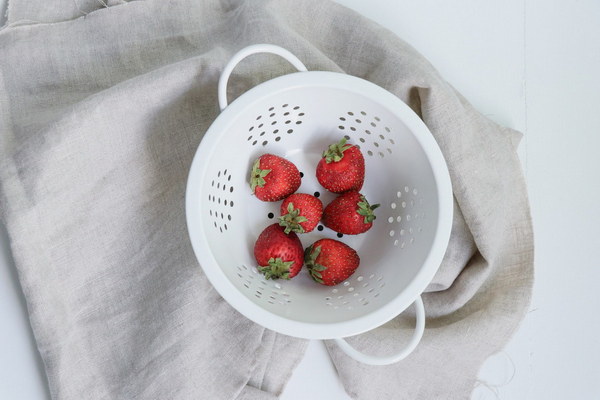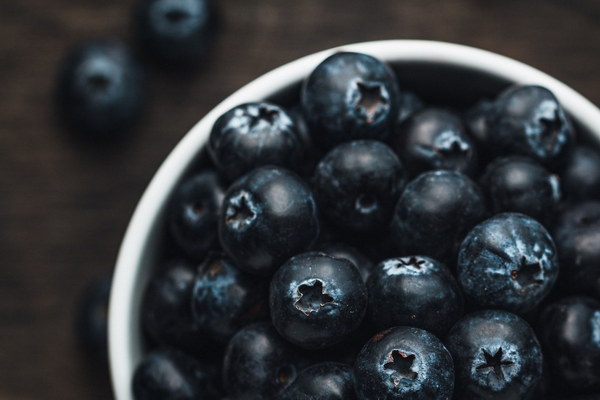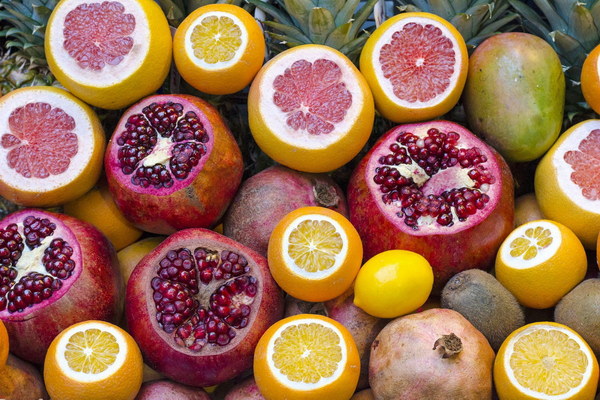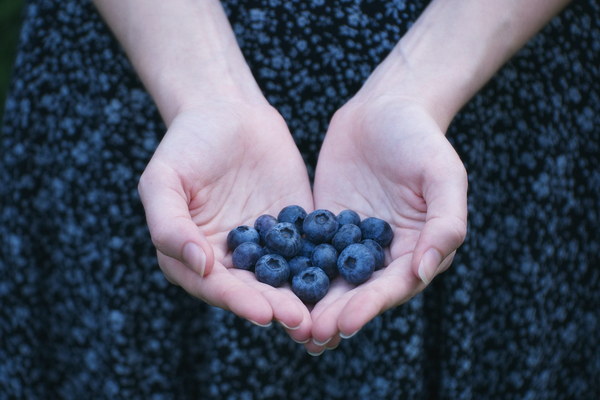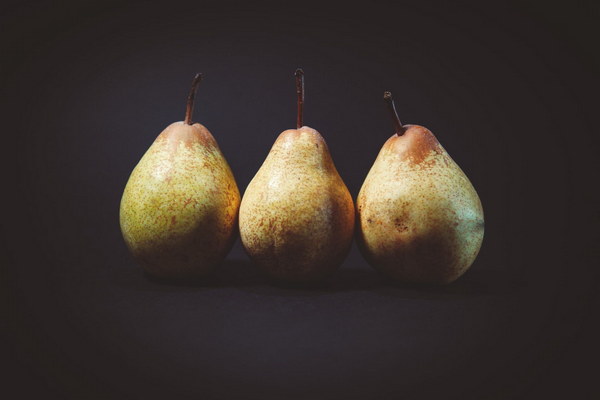Revitalize Your Yin Deficiency with These Nourishing Foods
Yin deficiency is a common condition in traditional Chinese medicine (TCM), where the body's Yin energy is depleted, leading to symptoms such as dryness, heat, irritability, and weakness. To combat this imbalance, TCM suggests incorporating specific foods that are known to nourish and replenish Yin energy. In this article, we will explore a variety of Yin-nourishing foods that can help restore balance to your body and enhance your overall well-being.
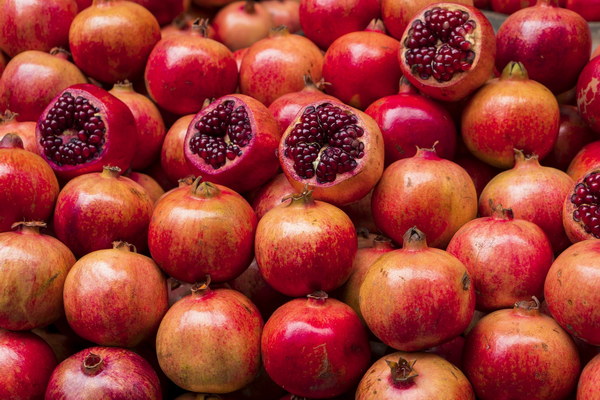
1. Goji Berries (Lycium barbarum)
Goji berries, also known as wolfberries, are a popular superfood in TCM for their ability to nourish Yin and boost immune function. They are rich in antioxidants, vitamins, and minerals, and are believed to improve vision, enhance vitality, and promote longevity.
2. Chinese Yam (Dioscorea opposita)
Chinese yam is a staple in TCM for its Yin-nourishing properties. This versatile root vegetable is high in fiber, vitamins, and minerals and can be used in soups, stews, or as a dessert. It helps to moisten the lungs, nourish the stomach, and support overall Yin balance.
3. Pearl Barley (Hordeum vulgare)
Pearl barley is a nutritious grain that is often recommended in TCM for its Yin-nourishing qualities. It is rich in fiber, vitamins, and minerals and can help to strengthen the spleen and stomach, as well as improve digestion. Pearl barley is also a great source of selenium, which plays a crucial role in maintaining a healthy immune system.
4. Pork Ribs
Pork ribs are a popular choice for Yin deficiency due to their moistening and nourishing properties. They are rich in protein, vitamins, and minerals, and can help to replenish Yin energy and promote healing. To maximize the benefits, cook the pork ribs in a slow cooker with herbs such as goji berries, astragalus, and licorice root.
5. Duck
Duck is another excellent source of Yin energy, thanks to its ability to nourish the lungs and moisten the intestines. It is particularly beneficial for individuals with dry skin, respiratory issues, and constipation. When preparing duck, try to avoid adding too much salt or seasoning, as this can diminish its Yin-nourishing properties.
6. Mung Beans (Vigna radiata)
Mung beans are a cooling and Yin-nourishing food that can help to relieve heat and dampness in the body. They are rich in fiber, vitamins, and minerals and are often used in TCM to treat skin issues, fever, and heat-related symptoms. Mung beans can be prepared in a variety of ways, such as soups, salads, or as a side dish.
7. Sesame Seeds
Sesame seeds are a nutrient-dense food that can help to nourish Yin and improve blood circulation. They are rich in antioxidants, vitamins, and minerals, and are believed to benefit the heart, skin, and hair. Sprinkle sesame seeds on salads, stir-fries, or add them to smoothies for a nutritional boost.
8. Licorice Root (Glycyrrhiza uralensis)
Licorice root is a versatile herb used in TCM to nourish Yin and support the adrenal glands. It has a sweet, soothing flavor and can be used to balance the flavors of other Yin-nourishing foods. Licorice root can be added to soups, stews, or teas to enhance their Yin-nourishing properties.
Incorporating these Yin-nourishing foods into your diet can help to restore balance to your body and alleviate symptoms of Yin deficiency. However, it is important to consult with a qualified TCM practitioner to determine the best approach for your specific needs. By nourishing your Yin energy, you can improve your overall health and well-being.

